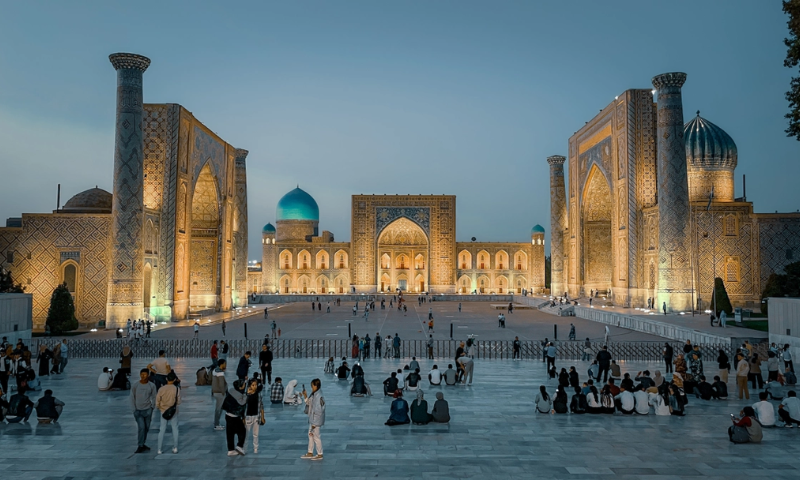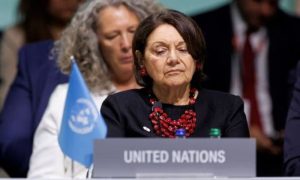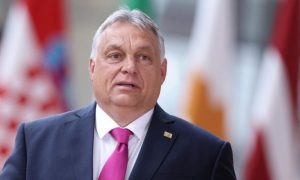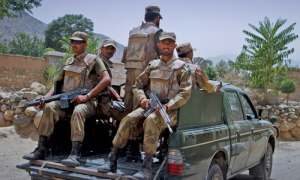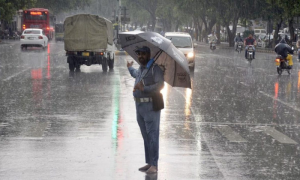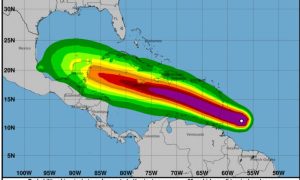TASHKENT: Uzbekistan’s policy in Central Asia has reached a qualitatively higher level. The trend of developing mutually beneficial cooperation between the countries of the region is intensifying with its own characteristics. According to President Shavkat Mirziyoyev, Uzbekistan has given priority to enhancing relations of close friendship and cooperation with neighboring countries, and over the past historically short period – the political position and influence of our country in the Central Asian region and the Middle East. The world has grown dramatically. The spirit of trust in New Uzbekistan and the principles of striving for cooperation with our country have increased in the world.
Central Asia boasts unique resources, economic, and communication potential. In the 1990s, the region’s countries embarked on independent development paths, joining the ranks of developing nations and promoting humanism, social justice, and security. This period saw the establishment of international harmony, peace, and effective foreign policy activities, all based on international law principles, fostering a peaceful atmosphere and consistent development.
Under the foreign policy direction of New Uzbekistan, the “Uzbekistan-2030” strategy identifies the fifth priority as the consistent continuation of a policy based on “A Safe and Peaceful State.” This aims to elevate the region’s quality, promoting good neighborliness and strategic partnerships with all neighboring countries. Emphasis is placed on rapidly developing relations and conducting regular, effective bilateral and multilateral negotiations in political, economic, cultural, and humanitarian areas.
The measures undertaken by Uzbekistan’s government to expand mutual cooperation within the region have been significant. President Shavkat Mirziyoyev’s foreign policy reforms have dramatically elevated Uzbekistan’s diplomatic relations with Central Asian countries. Mirziyoyev’s first foreign visits as President to neighboring Central Asian countries underscored the importance of regional cooperation.
On March 6-7, 2017, President Mirziyoyev made a state visit to Turkmenistan, his first as President. This visit highlighted Uzbekistan’s commitment to good neighborly relations, culminating in the signing of the Strategic Partnership Agreement between Uzbekistan and Turkmenistan. Similarly, Mirziyoyev’s visit to Kazakhstan on March 23, 2017, and the signing of a Joint Declaration on deepening strategic partnership and friendly neighborhood opened a new era of interstate cooperation. This cooperation was evidenced by the bilateral trade volume reaching 2 billion USD in 2017.
Following Mirziyoyev’s state visit to Kyrgyzstan, a declaration was signed to strengthen strategic partnership, friendship, and trust. In 2018, Uzbekistan’s policy to bolster political trust and solidarity in Central Asia continued. Notably, on March 9-10, 2018, Mirziyoyev visited Tajikistan, where leaders of both countries signed agreements to strengthen friendship and good neighborliness.
Further negotiations on the delimitation and demarcation of state borders with neighboring countries progressed significantly. The delimitation of state borders with Kazakhstan was completed, 85 percent of the border with Kyrgyzstan was agreed upon, and 99.9 percent of the border with Tajikistan was settled. By the end of 2021, trade turnover between Uzbekistan and Tajikistan approached 600 million USD, and the number of joint ventures increased tenfold.
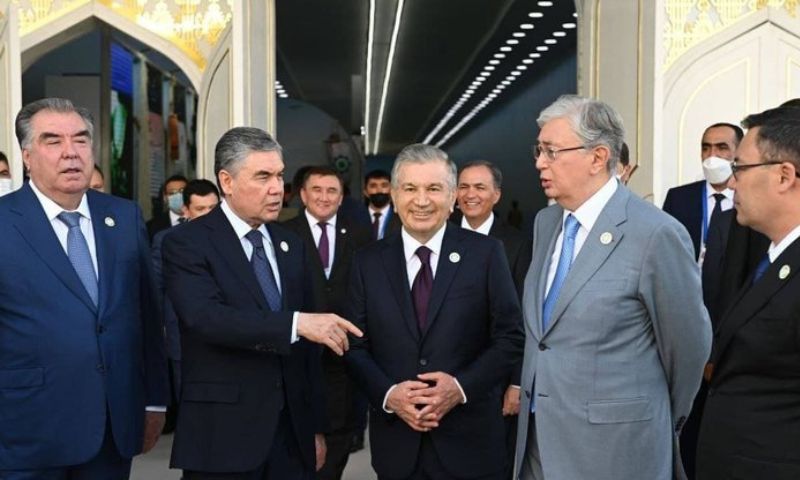
On June 2nd and 3rd, 2022, Mirziyoyev and the President of Tajikistan signed a historic declaration on strengthening eternal friendship and alliance, elevating Uzbek-Tajik cooperation to a new level. Regular consultative meetings of Central Asian leaders, initiated by Uzbekistan, have fostered regional cooperation. These meetings have resulted in practical proposals serving regional interests, such as the creation of border trade zones and a Central Asian cultural festival.
Foreign experts have lauded Uzbekistan’s initiatives as Li Yunxuan from China’s Institute of European and Asian Social Development praised Uzbekistan’s role in regional and interregional cooperation. The growing influence of Central Asia in international relations has enhanced trust in New Uzbekistan and its cooperative principles.
On September 14, 2023, Mirziyoyev addressed the fourth consultative meeting of Central Asian leaders in Tajikistan, proposing measures to enhance regional cooperation in trade, economic, industrial, transport, energy security, and climate change mitigation. The creation of an interstate economic council to expand practical cooperation was also proposed. The Central Asian Economic Forum, initiated by Uzbekistan, has successfully addressed regional cooperation issues, transport and communication opportunities, mutual trade, and tourism.
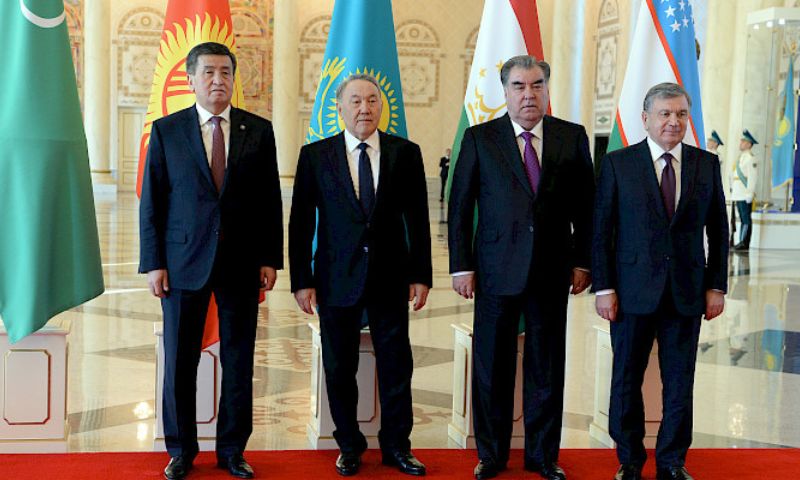
Uzbekistan has also promoted good neighborliness and interethnic harmony through international conferences, such as the “Central Asia is our common home” conference in Tashkent. Consistent identification of new trends in Central Asian policy has ensured stability and security. Mirziyoyev’s state visit to Tajikistan in 2018 focused on enhancing interstate cooperation in regional security, combating terrorism, and addressing organized transnational crime. Relations between Tajikistan and Uzbekistan have improved significantly, resolving many regional issues.
The UN General Assembly’s adoption of a resolution in 2018 to strengthen regional cooperation in Central Asia, proposed by Uzbekistan, highlights the country’s proactive role. Uzbekistan has also witnessed unprecedented growth in trade turnover with Central Asian countries, from 2.4 billion USD in 2017 to 5.2 billion USD by 2019.
In short, Uzbekistan’s regional policy significantly strengthens security, stability, and cooperation in Central Asia. In light of growing regional and global security threats, Uzbekistan’s initiatives play a crucial role in determining new political trends and addressing modern challenges collectively.









